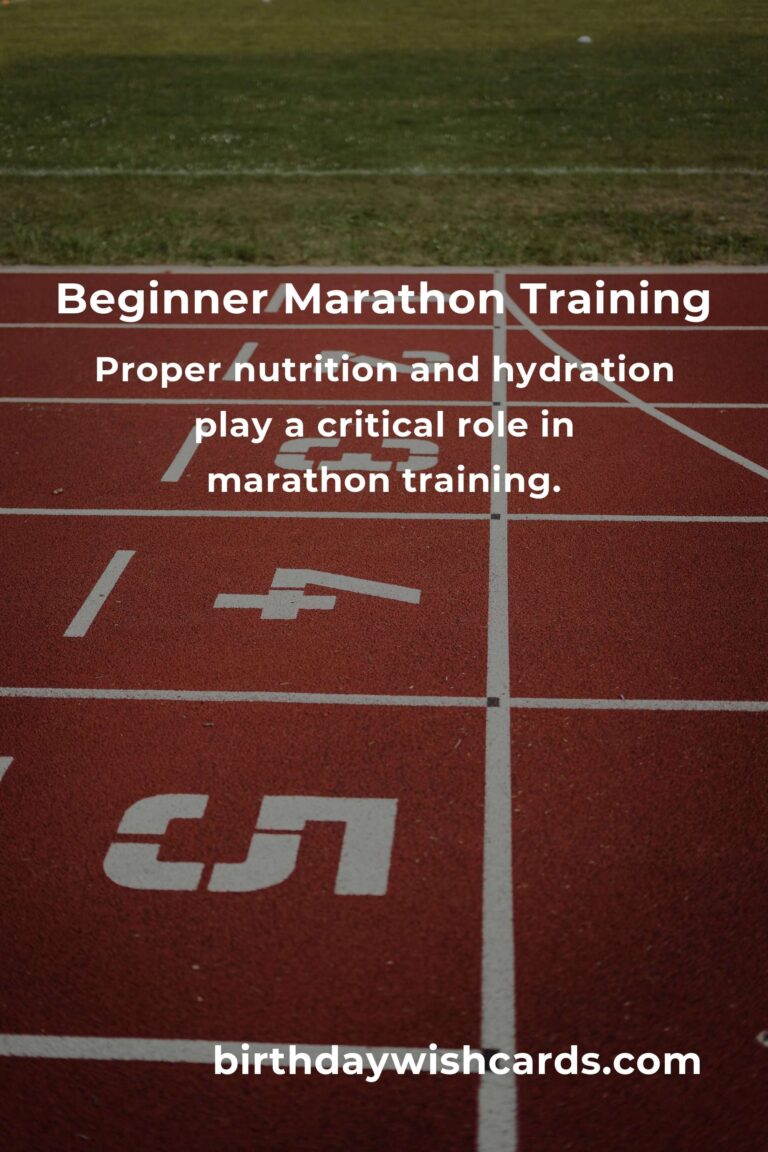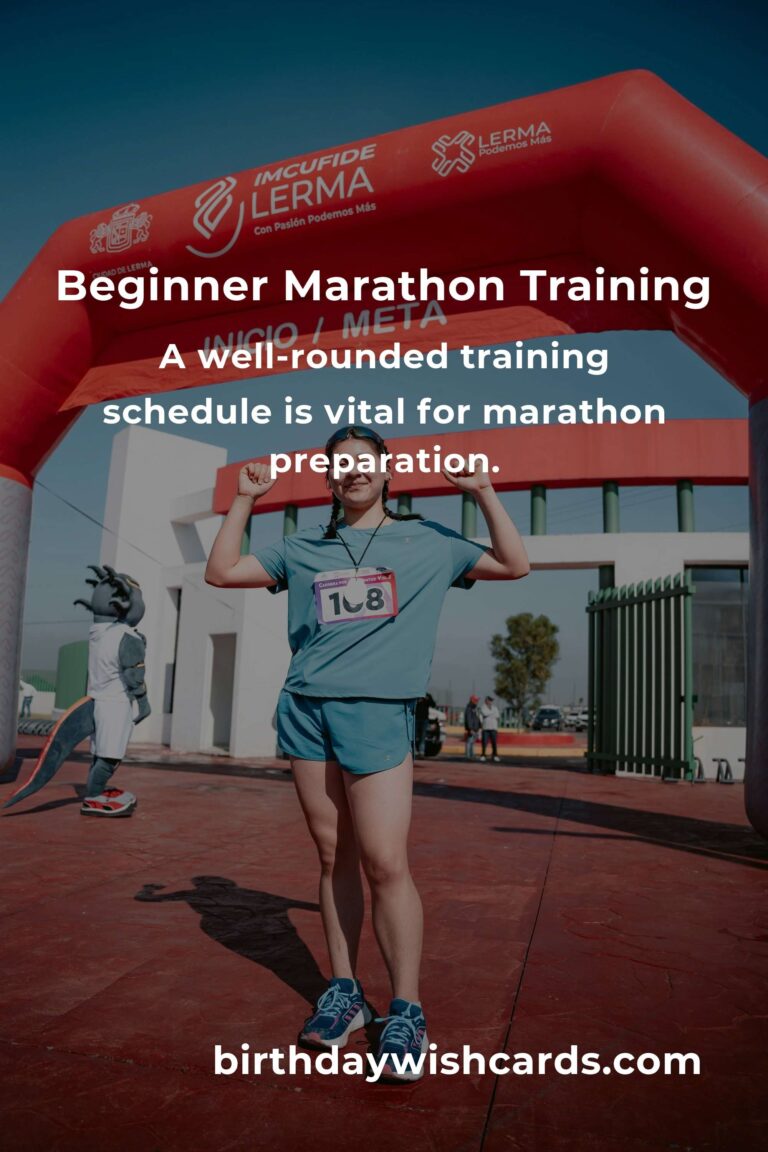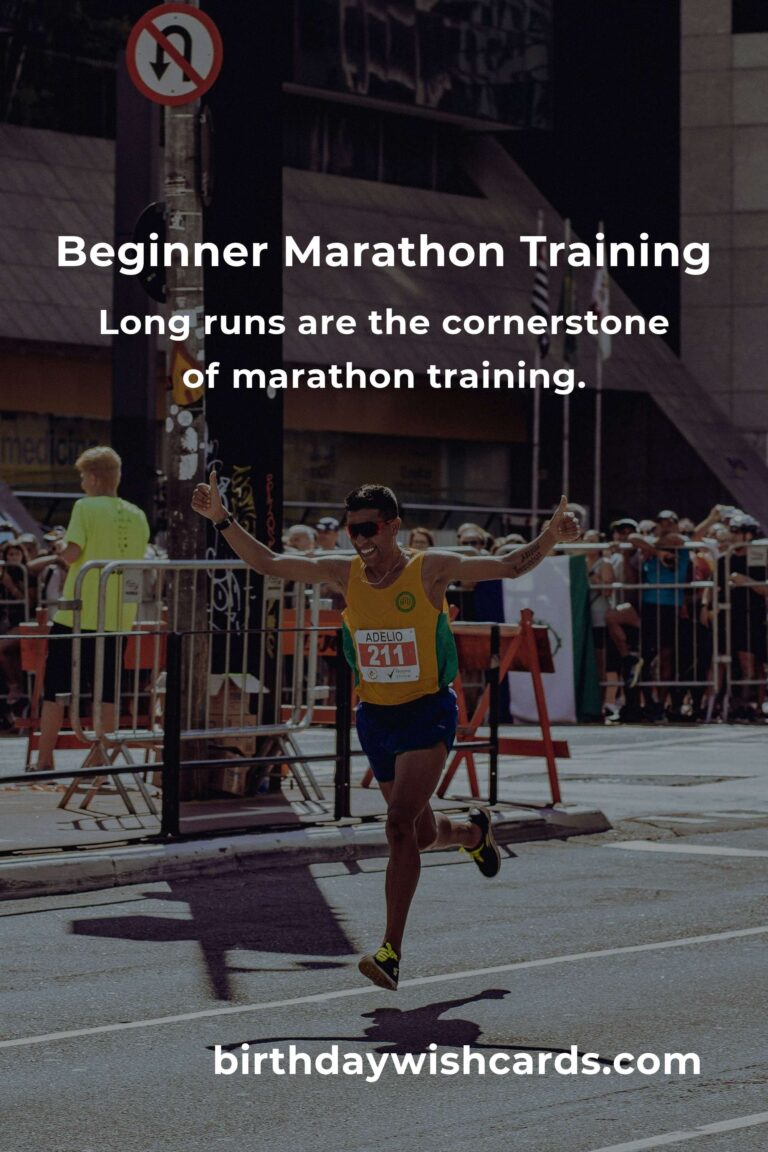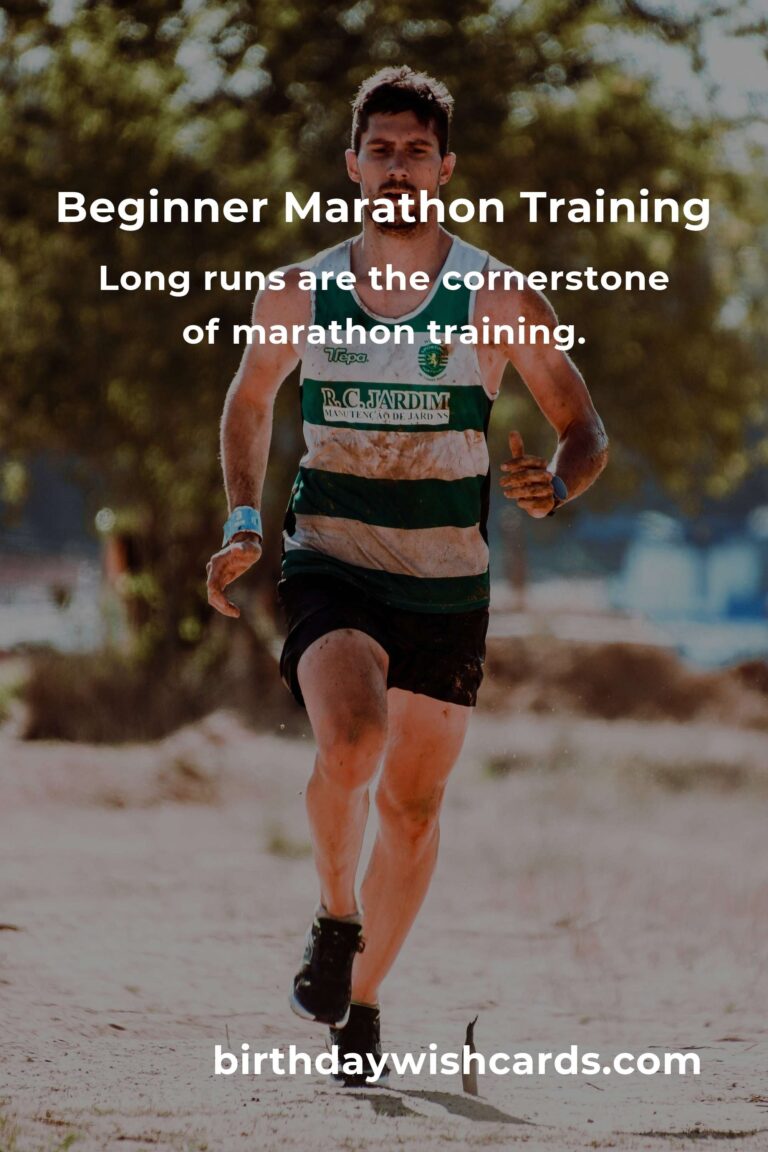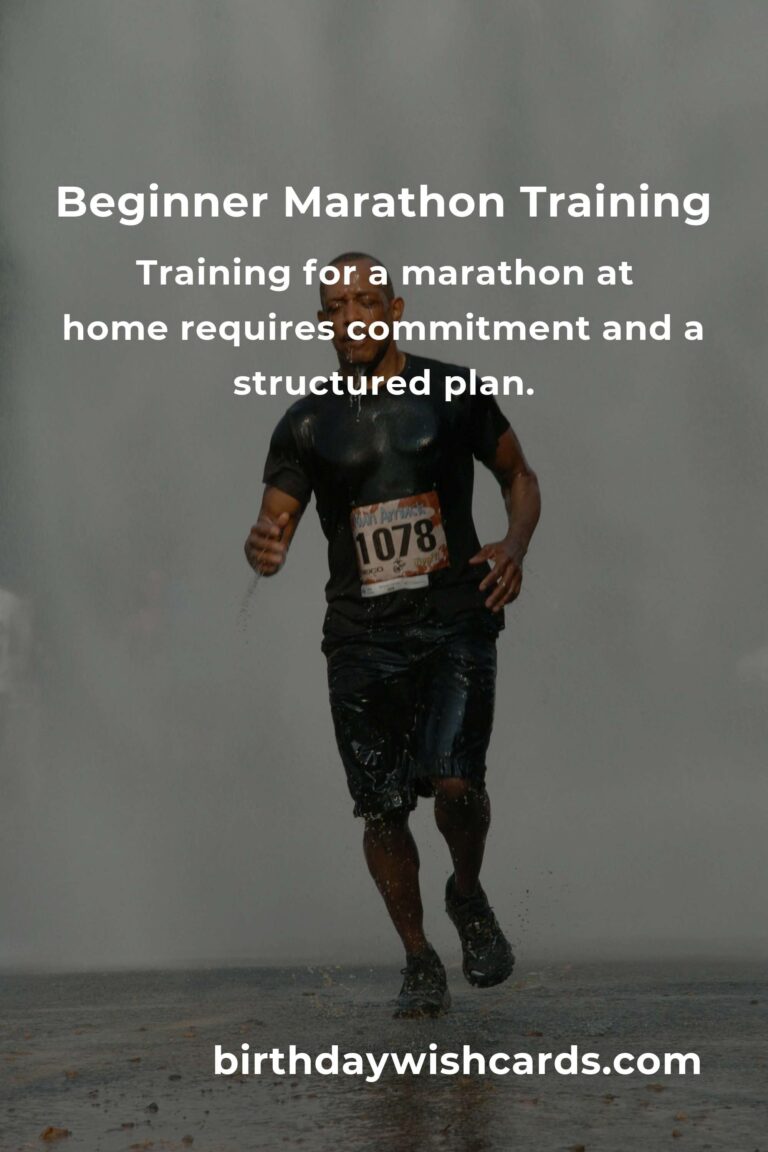
Running a marathon is a significant achievement for any athlete, especially for beginners. Training for a marathon requires dedication, discipline, and a well-structured plan that can be executed at home. In this comprehensive guide, we will explore an effective home marathon training routine designed for beginners, ensuring you build stamina, strength, and confidence to cross the finish line.
Understanding the Basics of Marathon Training
Before diving into the specifics of a marathon training routine, it’s crucial to understand the basics. A marathon is a long-distance running event with an official distance of 42.195 kilometers (approximately 26.2 miles). Training for such a race involves building endurance, strength, and mental resilience.
Setting Realistic Goals
As a beginner, setting realistic goals is essential. Start by assessing your current fitness level. If you’re new to running, aim to complete the marathon rather than focusing on a specific time. Gradually increase your running distance over several months, allowing your body to adapt to the increasing demands.
Creating a Balanced Training Schedule
A well-rounded training schedule is vital for marathon preparation. Incorporate various types of workouts, including long runs, speed work, strength training, and rest days. A typical weekly schedule might include:
- Monday: Rest or light yoga
- Tuesday: Short run with intervals
- Wednesday: Cross-training (cycling or swimming)
- Thursday: Medium-length run
- Friday: Rest or strength training
- Saturday: Long run
- Sunday: Active recovery (walking or stretching)
Focusing on Long Runs
Long runs are the cornerstone of marathon training. These runs help build endurance and simulate race conditions. Begin with a distance you are comfortable with, and gradually increase the mileage each week. Aim to reach at least 20 miles for your longest run before tapering down in the weeks leading up to the marathon.
Incorporating Strength Training
Strength training is often overlooked but is crucial for preventing injuries and improving running efficiency. Focus on exercises that target the core, legs, and upper body. Bodyweight exercises such as squats, lunges, planks, and push-ups can be done at home with minimal equipment.
Nutrition and Hydration
Proper nutrition and hydration play a critical role in marathon training. Fuel your body with a balanced diet rich in carbohydrates, proteins, and healthy fats. Stay hydrated by drinking plenty of water throughout the day, and consider electrolyte-rich drinks during longer runs.
Rest and Recovery
Rest and recovery are just as important as the workouts themselves. Schedule regular rest days to allow your muscles to recover and adapt. Incorporate activities such as stretching, foam rolling, and yoga to enhance flexibility and reduce the risk of injury.
Listening to Your Body
Listening to your body is crucial during marathon training. Pay attention to signs of fatigue, pain, or discomfort. It’s better to take a rest day or modify your workout than to push through and risk injury.
Preparing for Race Day
As race day approaches, focus on tapering your training to allow your body to rest and recover. Plan your race day logistics, including travel, accommodations, and race day gear. Visualize your race strategy, including pacing, nutrition, and hydration.
Conclusion
Training for a marathon at home requires commitment and a structured plan. By following this home marathon training routine, beginners can build the necessary endurance, strength, and mental fortitude to tackle the challenge of a marathon. Remember, the journey is just as important as the destination, so enjoy the process and celebrate your progress along the way.
Running a marathon is a significant achievement for any athlete, especially for beginners.
A well-rounded training schedule is vital for marathon preparation.
Long runs are the cornerstone of marathon training.
Proper nutrition and hydration play a critical role in marathon training.
Training for a marathon at home requires commitment and a structured plan.
#MarathonTraining #HomeWorkout #BeginnerRunning #FitnessGoals #Endurance



